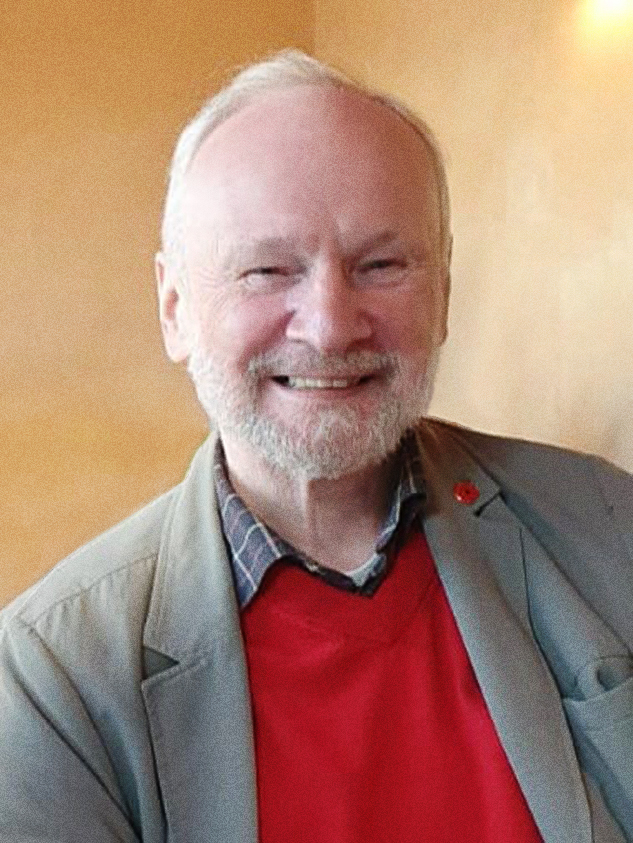There is a cultural fashion that makes me uneasy. It seems to me that we like to judge our ancestors based on a pleasant sense of easy modern superiority. Do you notice like me how our culture tends to pat the ancients on their naïve little heads?
But any gardener will tell you, plants spring from the seed or from the oldest roots, not from the most recent pruning or shaping.
As I researched and wrote “The Mustard Seed” I discovered that there has been an element in the history of the English, and of many English speaking peoples, that we are privileged to have had. It is the element where genuine Christian spirituality was interwoven with the many historical events.
The modern mind is uneasy with that. It does not have to be. Christian spirituality is of God, not us, so no-one can boast in it. However, it remains uneasy.
Nowhere is the modern mind more uneasy than with regard to the many phenomena in our Christian past. The English had a most gifted original historian. His name was Bede. His history interweaves secular facts with extraordinary Christian phenomena. “Tut, tut,” says the modern mind, “Bede will insist on interweaving the miraculous and the prophetic. If only he would stick to the facts”. But the facts were miraculous and prophetic in the founding times of the Early English.
“The Mustard Seed” restores this side of Bede. In so doing, it brings to light a history far more colourful than we imagine. It discovers a world-shaping Christian dynamism fused into the originating rootstock of the people who became the English.
If you are anything like me, you will find yourself, as you read, saying “Thank you” for the ancient Christian impact. It brought many good things that we now take for granted into a world which did not have them.
And saying “Thank you” is better for us than feeling superior.
